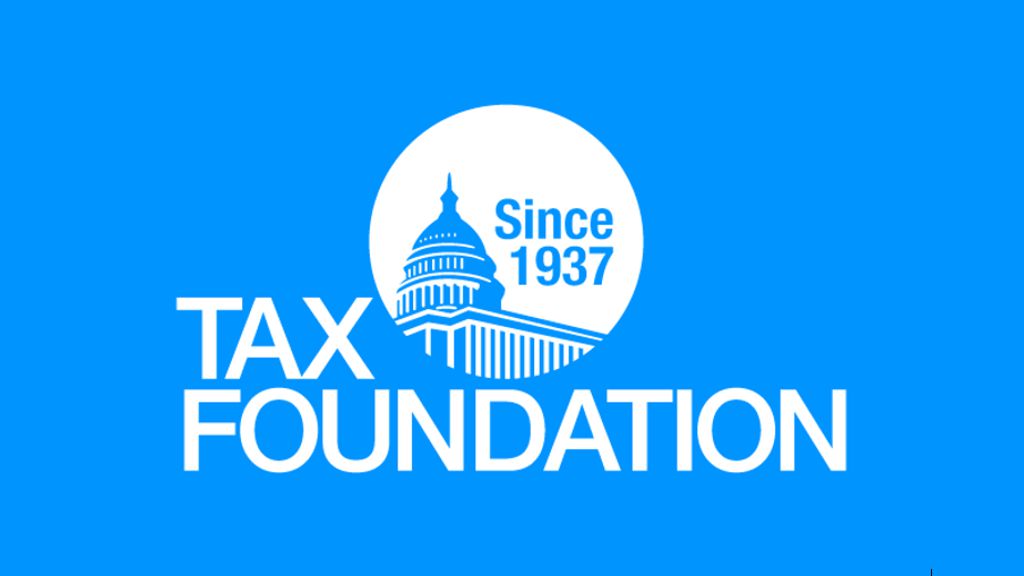America’s highways are largely funded by state, local, and federal motor fuel taxes. States have levied these taxes since 1919, and by 1932, when the federal tax was introduced, the then-48 states and the District of Columbia were collecting taxes on motor fuel.1 Today, a combination of increased fuel economy, growth in sales of electric vehicles (EVs), and inflation has raised questions about the sustainability of these taxes as a funding mechanism for the transportation system of the future.
There has been strong political debate over funding for America’s highways, and it is likely to continue. While 36 states have increased motor fuel tax rates over the last decade, the federal government has not updated the gas tax since 1993.2 With the current funding program, the Fixing America’s Surface Transportation Act (FAST Act), expiring this year, Congress must decide how to pay for the Highway Trust Fund in the years to come. Revenue from the federal motor fuel tax will not fund projected spending at the current tax rate, so the only options for lawmakers are to either appropriate general fund money or increase taxes. According to Congressional Budget Office (CBO) estimates, the Highway Trust Fund will run out of money by the end of 2021 and the deficit is projected to be almost $70 billion over the first years after the FAST Act funding expires.3
Ideally, funding should come from the beneficiaries of the system, which is another way of saying that the people who drive on the roads should fund the roads. This is no new idea; it simply represents a return to tradition. President Ronald Reagan once observed that “[o]ur country’s outstanding highway system was built on the user fee principle—that those who benefit from a use should share in its cost.”4 The technological developments, mentioned above, mean the time may have come for lawmakers to revisit who should pay for the roads, and how they should do so.
If it is still policymakers’ aim to fund transportation with taxes levied on transportation, change is needed. Over the last dozen years highway funding has increasingly been paid for by the federal government’s general fund. Hence, everyone is paying for the roads—even if they do not drive on them. One potential solution that would reestablish the user fee system is by levying a tax on vehicle miles traveled (VMT).
This paper explores a potential long-term solution for redesigning transportation taxes to embody the user fee principle once again.
By Ulrik Boesen, Senior Policy Analyst, Excise Taxes








